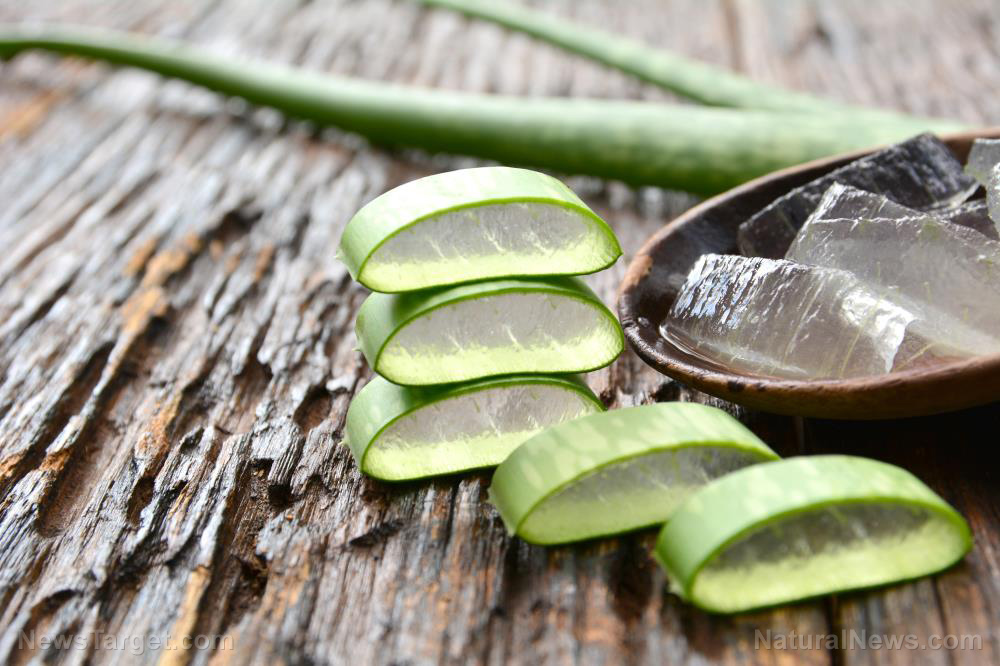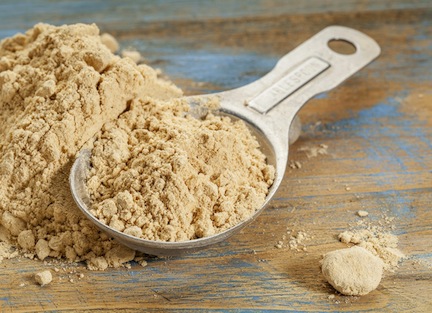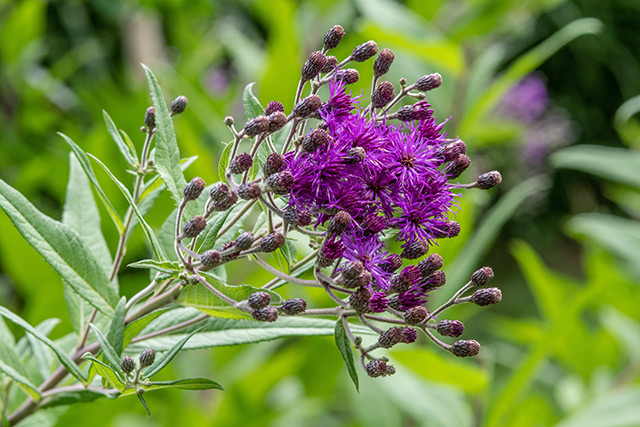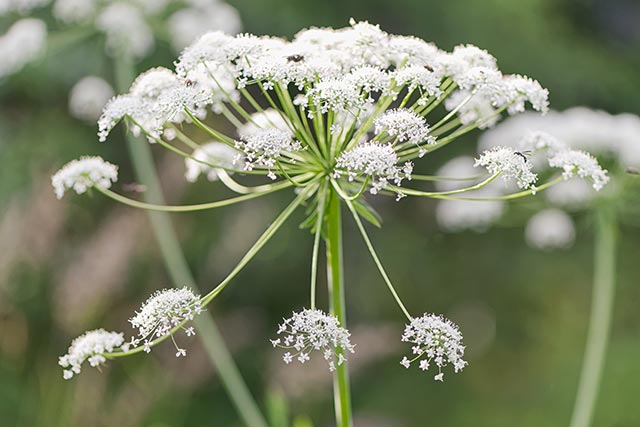How to store and preserve herbs so you can keep them long-term
12/04/2018 / By Mary Miller

Herbs can be used for a variety of purposes both before and after SHTF. They can add flavor to otherwise tasteless survival meals or they can be used as natural remedies on their own. They can spoil quickly, so a good prepper knows the importance of extending the shelf life of herbs. Here is a simple guide on proper herb storage and preservation for long-term use. (h/t to BackDoorSurvival.com.)
The two best methods of storing and preserving herbs are dehydration and freezing. Depending on the materials you have on hand, both methods will vary on how well they can keep your herbs fresh and viable.
Dehydrated herbs can last for years, far longer than fresh herbs ever can. The expected shelf life of dehydrated herbs is around three to five years at most. By contrast, frozen herbs can only last for months. They don’t last as long as dehydrated herbs because the longer the herbs stay frozen, the more their flavor and potency will diminish. Frozen herbs will also be directly exposed to moisture constantly. If they are not frozen in water or oil, they will develop freezer burn much more quickly. For these reasons, this guide will focus more on dehydration methods of preservation and storage.
How to preserve herbs by drying
Moisture leads to mold growth and spoilage, so the idea behind dehydration is to remove as much moisture from the herbs as possible. There are many ways to dehydrate herbs, so there is no need to be discouraged by a lack of equipment. A good prepper always learns to improvise. (Related: Learn how to dry herbs for long-term storage and health self-reliance.)
The power of the elements: Discover Colloidal Silver Mouthwash with quality, natural ingredients like Sangre de Drago sap, black walnut hulls, menthol crystals and more. Zero artificial sweeteners, colors or alcohol. Learn more at the Health Ranger Store and help support this news site.
- Dehydrator. Dehydrators work by circulating warm air around your herbs over a long period of time slowly and removing all moisture from them. Once the herbs are completely dehydrated, you will be left with dry and crispy remains that can crumble easily between your fingers. Use the different settings on a dehydrator depending on what kind of herb you want to dry. Dehydrators can also be used to dry fruits and vegetables, and to make spices, jerky, and dry soup mixes. The only downside to dehydrators is that they require electricity to run.
- Oven. If you don’t have a dehydrator, your trusted oven is your next best bet. It is a slightly cruder method than the dehydrator, but it can still do the same job. All you have to do is preheat your oven to the lowest possible temperature setting, place your herbs on a cookie sheet, and heat them inside the oven. Make sure the temperature never goes above 180 F (82 C). Check the herbs regularly every couple of hours. Once they have reached a crumbly texture, you can remove them and store them for later use.
- Drying racks. Even lacking a dehydrator and an oven, you can still dry your herbs with just a pan or hanging rack set. You can leave your herbs to dry either indoors or outdoors. Remember to secure them properly or a strong gust of wind can easily blow them away. You can either air-dry or sun-dry your herbs in this manner, but sun-drying may remove more of the herb’s natural flavors.
- Hang-drying. Your last resort if you don’t have equipment is to hang-dry your herbs either indoors or outdoors. All you need are some string or rubber bands. Tie your herbs together in a bundle and hang them upside-down. For better protection against the sun, invasive insects, and curious or hungry animals, you can cover your herbs in brown paper bags.
Once your herbs have been dehydrated, keep them in a dry and dark area that is not exposed to direct sunlight. You can either store your herbs in zip-lock bags or in food-grade, storage-quality sealable plastic bags. Don’t forget to squeeze out the excess air before sealing the bags.
If you want to learn more about storage and preservation techniques, visit FoodStorage.news.
Sources include:
Tagged Under: dehydrating herbs, food independence, Food Preservation, Food storage, food supply, functional food, herb drying, Herbs, how-to, off grid, preparedness, prepper, prepping, self sufficiency, SHTF, survival, survival food, survival skills, Survival Tips, survivalist, sustainable living




















